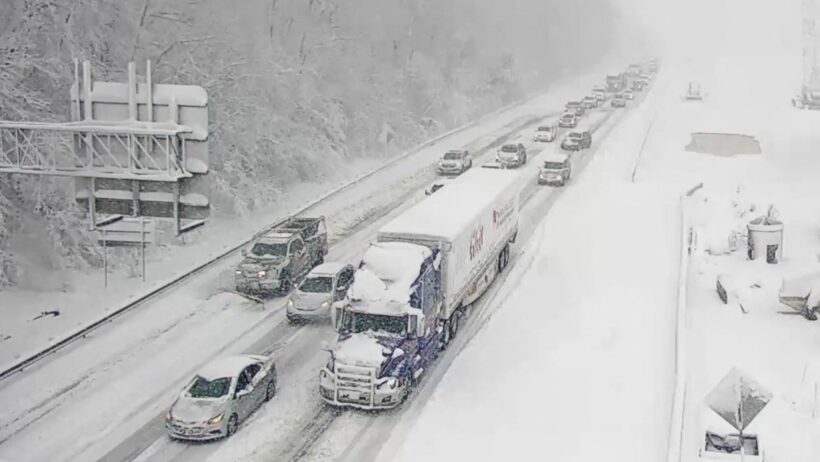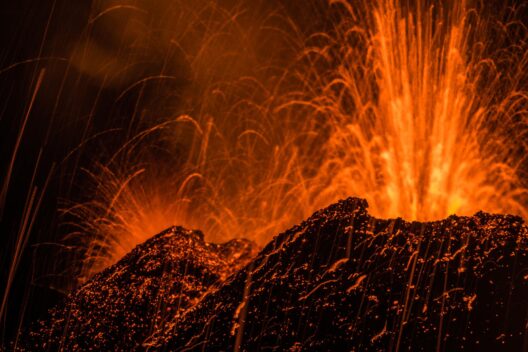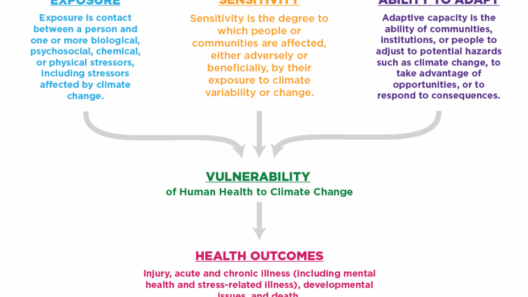Climate change manifests as one of the most formidable challenges of the contemporary era, an insidious threat that transcends borders and demands urgent attention. It is critical to delineate the multifaceted issues stemming from climate change and underscore their profound significance. The implications stretch far beyond mere environmental degradation; they touch upon economic stability, public health, social justice, and even geopolitical dynamics.
To commence, it is imperative to recognize the phenomenon of global warming itself, primarily driven by the unprecedented escalation of greenhouse gas emissions. Human activities, including the combustion of fossil fuels and deforestation, have led to a sharp increase in atmospheric CO2 levels. This rising concentration is not merely a statistic; it translates to tangible alterations in weather patterns. The increasing frequency and intensity of extreme weather events—ranging from devastating hurricanes to prolonged droughts—serve as stark indicators of this crisis. Such calamities disrupt ecosystems, obliterate livelihoods, and necessitate costly recovery efforts.
Furthermore, these alterations in climate patterns are not evenly distributed. Vulnerable communities—often comprising marginalized populations—bear the brunt of these impacts despite contributing the least to the problem. The concept of environmental justice arises from this inequity, emphasizing the moral obligation to address the disparities exacerbated by climate change. Recognizing the interconnectedness of social structures and environmental policies is paramount for fostering a just transition to a sustainable future.
Another compelling facet of the climate crisis is its profound impact on biodiversity. Species extinction rates are accelerating at an alarming pace, an outcome attributed to habitat loss, changing temperatures, and increasing ocean acidity. Each species lost not only alters the delicate balance of ecosystems but also erodes potential resources for human well-being. Biodiversity is synonymous with resilience; a rich tapestry of life enhances ecosystem stability and provides invaluable services such as pollination, clean air, and water filtration. The gradual erasure of species could precipitate unforeseen ramifications for agriculture, medicine, and overall ecological balance.
Moreover, one cannot overlook the economic ramifications of climate change. The financial toll of climate-related disasters poses a severe threat to economic stability. Insured and uninsured losses due to extreme weather contribute to a significant drain on economies. Insurance companies are beginning to react to these realities, potentially leading to increased premiums that can further strain households and businesses alike. Additionally, the transition to renewable energy sources, while ultimately beneficial, requires upfront investment and careful navigation to ensure that economies can adapt without exacerbating existing inequalities.
The public health implications of climate change encapsulate another alarming dimension. Rising temperatures and fluctuating weather patterns serve as breeding grounds for a plethora of health risks—from heat-related illnesses to the spread of vector-borne diseases such as malaria and dengue fever. Vulnerable populations, particularly the elderly and those with pre-existing conditions, are disproportionately affected. Air quality deteriorates with increased temperatures, exacerbating respiratory ailments and contributing to premature mortality. Public health systems must evolve not only to treat the symptoms of climate change but also to implement preventative strategies that adapt to these emerging threats.
Connecting the dots between climate change and global security introduces an often-overlooked discourse. As resources dwindle—be it arable land, freshwater, or energy—the potential for conflict escalates. Historical instances abound where environmental degradation has precipitated tensions and disputes. The Syrian civil war, for example, has been linked to prolonged droughts that exacerbated social discontent. Understanding climate change as a “threat multiplier” elucidates why proactive international cooperation is essential. Collaborative approaches to climate adaptation can mitigate conflicts and foster peace, highlighting the interconnected nature of our global community.
However, despite these formidable challenges, the narrative surrounding climate change need not be one of despair. Promising shifts in perspective lie within our grasp. The burgeoning movement towards sustainable practices and renewable energy alternatives signifies a collective awakening to the urgency of the situation. Innovations such as carbon capture technologies, regenerative agriculture, and circular economy models present pathways to not only reduce emissions but also revitalize ecosystems and communities.
Moreover, the shift towards a low-carbon economy catalyzes job creation and stimulates local economies. The renewable energy sector is witnessing exponential growth, offering opportunities that can outpace those found in traditional fossil fuel industries. Thus, embracing sustainability can engender economic resilience while concurrently addressing the climate crisis.
In concluding, the myriad complications presented by climate change are profound and far-reaching, affecting every sphere of human existence. Yet, with awareness and action, we can navigate these challenges. Innovate, adapt, and educate—these tenets will guide our journey toward a more resilient and sustainable world. Engaging in conversations, pushing for policy changes, and embracing ecological stewardship are crucial steps in transforming our collective future. With each initiative sparked by curiosity and determination, the promise of a greener planet draws ever closer.








